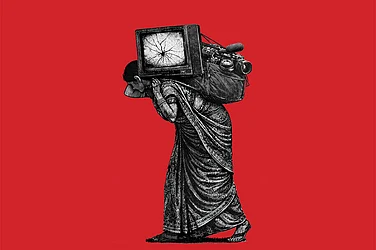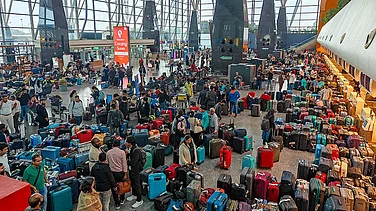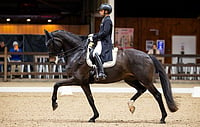The Supreme Court on Monday dismissed the bail pleas of three convicts serving life term in the 2002 Godhra train burning case, which plunged Gujarat into one of the worst communal riots, terming it a "very serious incident".
"The incident is also a very serious incident. It is not a question of an isolated person being murdered," a bench headed by Chief Justice D Y Chandrachud observed, adding that specific roles have been attributed to these convicts.
The apex court said it will list the appeals challenging the Gujarat High Court verdict in the case before an appropriate bench.
The bench, also comprising Justices J B Pardiwala and Manoj Misra, refused to enlarge the convicts Saukat Yusuf Ismail Mohan, Bilal Abdullah Ismail Badam Ghanchi and Siddik, on bail "at this stage".
Senior advocate Sanjay Hegde, appearing for the convicts, told the bench that the three were awarded life term by the trial court and, while one of them is in custody for over 17 years and six months, another is in jail for 20 years.
"Having regard to the specific role which is attributed to the appellants, at this stage, we are not inclined to enlarge the appellants on bail," the bench said.
Hegde argued two of them have been accused of minor offences of stone-pelting and robbing people of ornaments during the violence. He said those ornaments were never recovered.
Solicitor General Tushar Mehta, appearing for the Gujarat government, referred to the findings of the trial court against the three convicts and said one of them was among the "main conspirators" who instigated a mob which was carrying deadly weapons.
"All these three have active roles," the bench observed.
The high court had upheld the life term awarded to the three convicts by the trial court and their appeals are pending before the apex court.
On April 21, the top court had granted bail to eight people sentenced to life imprisonment in the case.
The convicts who were granted bail in April were - - Abdul Sattar Ibrahim Gaddi Asla, Yunus Abdul Hakk Samol, Mohammad Hanif Abdulla Moulvi Badam, Abdul Rauf Abdul Majid Isa, Ibrahim Abdulrazak Abdul Sattar Samol, Ayub Abdul Gani Ismail Pataliya, Soheb Yusuf Ahmed Kalandar and Suleman Ahmad Hussain
The top court, however, had refused to grant bail to four convicts -- Anwar Mohammad Mehda, Saukat Abdulla Moulvi Ismail Badam, Mehboob Yakub Mitha and Siddik Mohammad Mora -- after Solicitor General Tushar Mehta opposed their applications highlighting their role in the incident.
During the earlier arguments before the apex court, Mehta had said it was not merely a case of stone-pelting as the convicts had bolted a bogie of the Sabarmati Express and set it ablaze, leading to the death of 59 passengers.
On February 27, 2002, 59 people were killed when the S-6 coach of the train was set ablaze in Gujarat's Godhra, triggering massive communal riots that soon engulfed many parts of the state.
In its October 2017 judgment, the high court had commuted the death sentence awarded to 11 convicts in the Godhra train burning case to life imprisonment. It had upheld the life sentence awarded to 20 others.
Supreme Court Refuses To Grant Bail To Three Convicts In 2002 Godhra Train Burning Case
On Monday, the Supreme Court rejected the bail applications of three convicts who are serving life sentences for their involvement in the 2002 Godhra train burning case. This incident led to one of the most severe communal riots in Gujarat, and the court deemed it a very serious matter.".

Godhra, 2002 The burning Sabarmati Express that precipitated the Gujarat riots
Godhra, 2002 The burning Sabarmati Express that precipitated the Gujarat riots
Published At:
WATCH
MORE FROM THE AUTHOR
PHOTOS
×
















